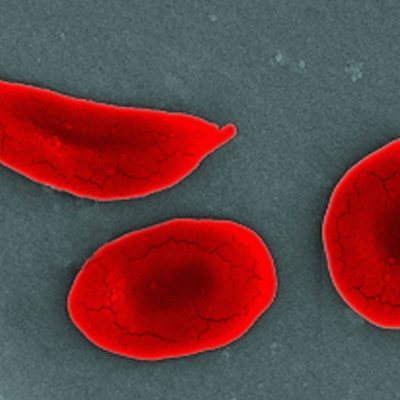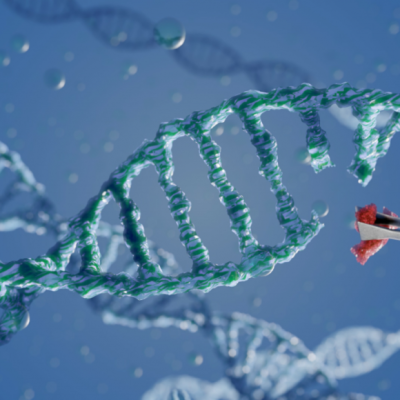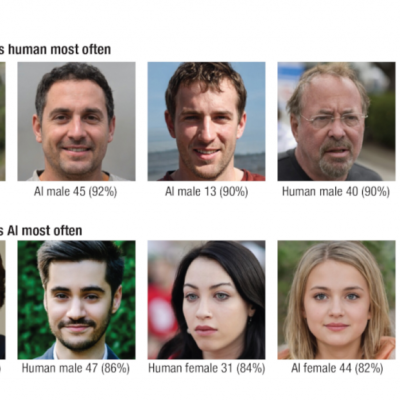A Russian scientist has announced his intention to conduct experiments on embryos using the CRISPR/Cas9 gene-editing tool, despite the known health risks. The Chinese scientist He Jiankui caused a scandal last year when he revealed that he had genetically manipulated two babies using the CRISPR method. The babies were made immune to HIV, but a recent study found that their life expectancy was significantly lower than that of normal humans due to an increased risk of other diseases. The Russian scientist, Denis Rebrikow, plans to continue the controversial experiments if he receives the necessary approvals from local authorities.
Rebrikow intends to use the CRISPR/Cas9 method to make embryos immune to HIV and then implant them in HIV-positive women. He has slightly modified the method used by Jiankui, but still plans to disable the CCR5 gene, which produces a protein that is the main entry point for HIV into human cells. Rebrikow claims that his method is “ethically justifiable and acceptable to the public,” and he has already established partnerships with several HIV centers in Moscow. However, the Russian Academy of Sciences has expressed concerns about the proposed research project.
Jennifer Doudna, one of the co-developers of the CRISPR method, is currently against the clinical use of the technology, stating that “the technology is not yet ready.” However, she acknowledges that “the use is not surprising.” It remains to be seen whether Rebrikow will receive the necessary approvals to proceed with his experiments.
In conclusion, the use of CRISPR/Cas9 gene-editing technology on embryos remains a controversial topic, with concerns about the potential health risks and ethical implications. While Rebrikow plans to continue the experiments, the scientific community remains divided on the issue.










